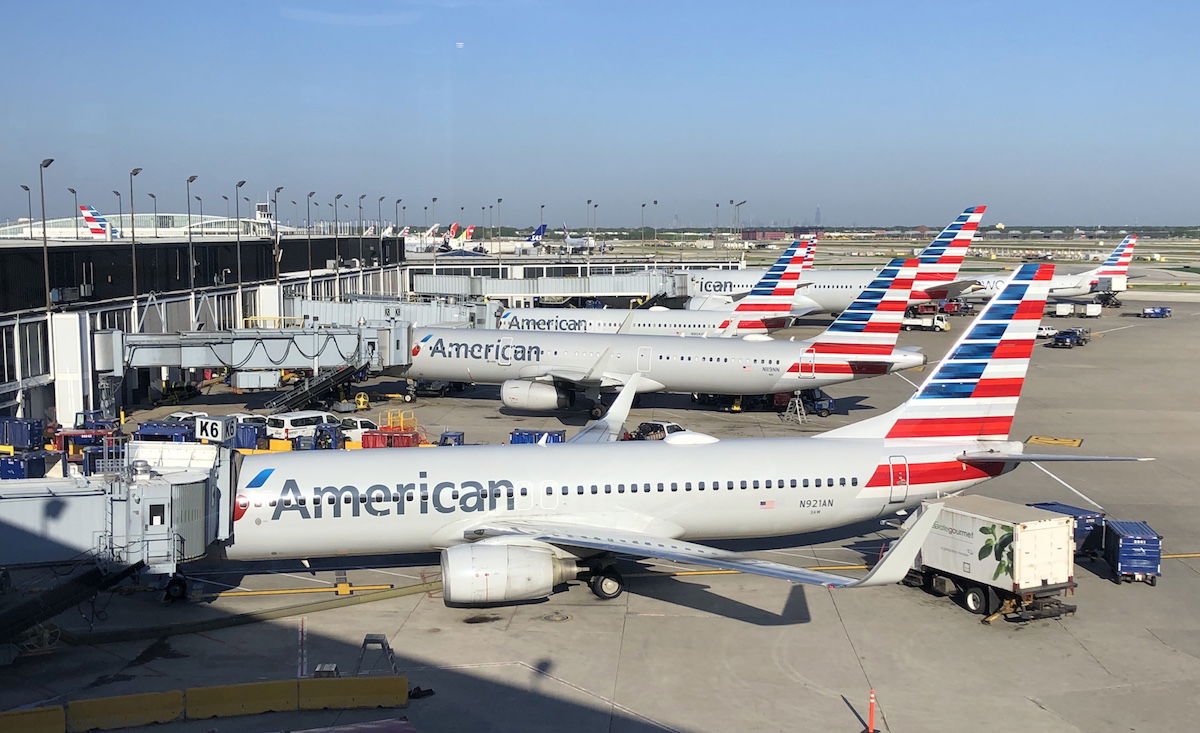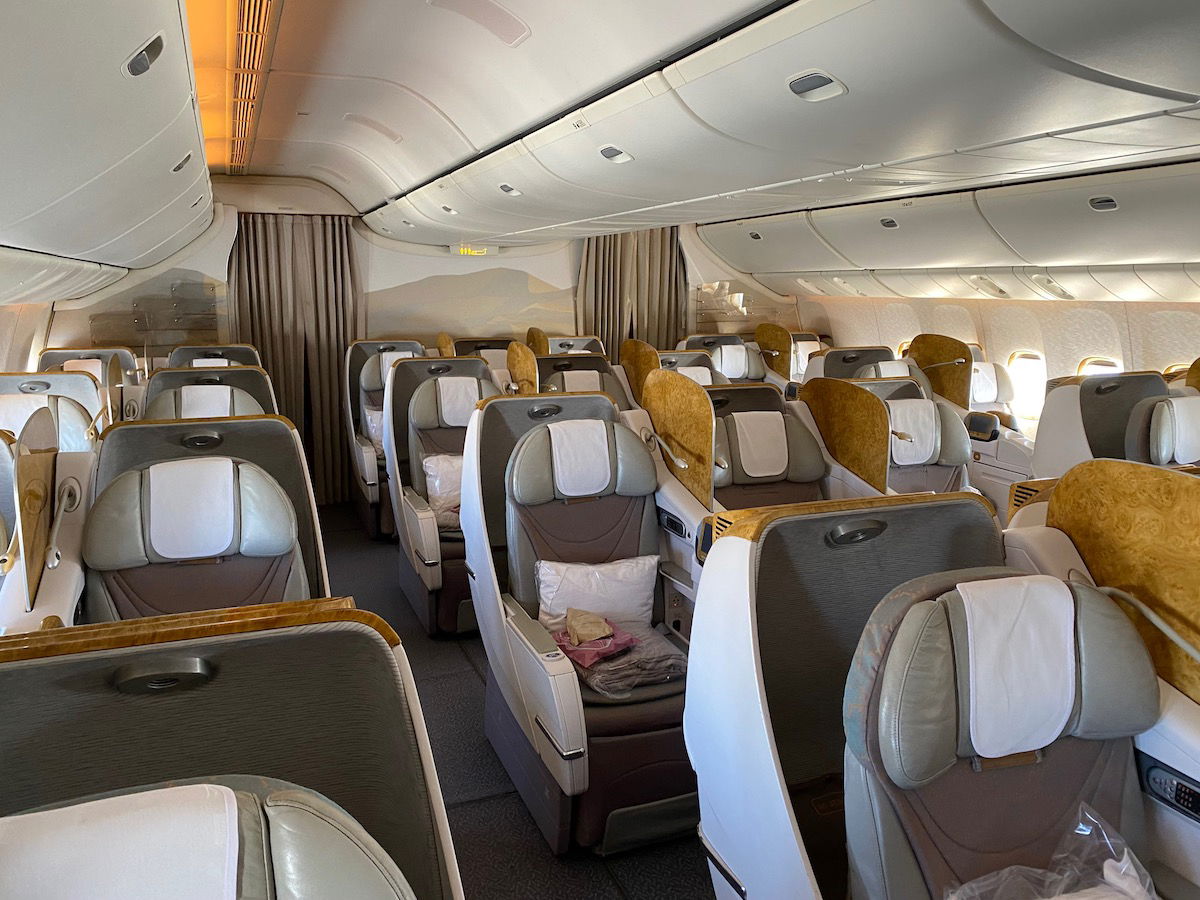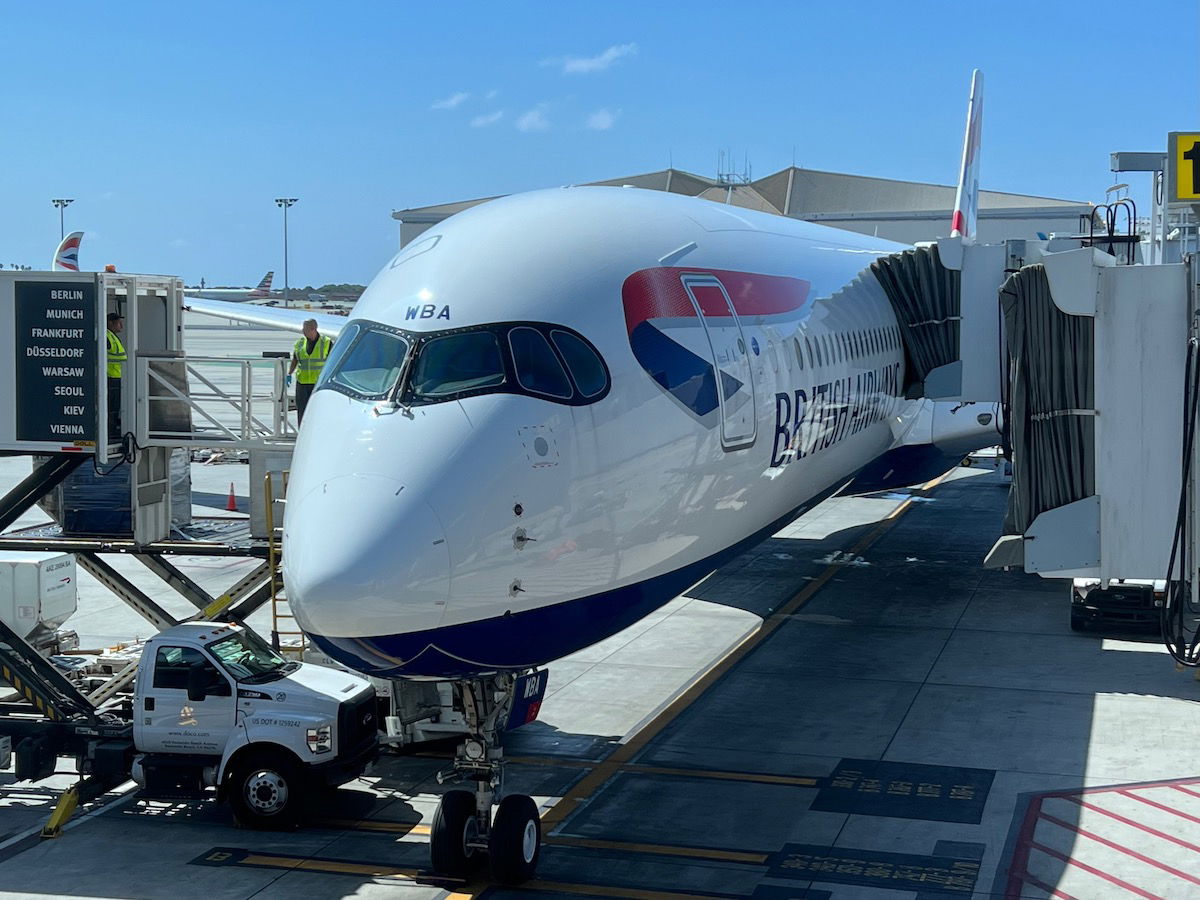It’s common to see airline and hotel loyalty programs offer status match opportunities, whereby elite members with one program can have their status matched with a competing program.
If executed properly, the concept makes sense — a high value customer may be looking to switch their business, but doesn’t want to start from scratch with a competitor. By offering a status match or challenge, a company can lure a potentially profitable customer.
However, the actual process of verifying the legitimacy of status matches can be complicated, so I wanted to address that a bit in this post.
In this post:
Status match fraud is common
Generally in order to status match with an airline or hotel loyalty program, you’re asked to provide proof of status with a competitor. The exact requirements differ, but this can include a screenshot of your account summary, a picture of your elite card, a detailed copy of your account transactions, etc.
The reality is that as technology has improved, status match fraud has become increasingly common. It’s easy enough for people to doctor screenshots or even edit webpages, to change the name on a loyalty program account, or to even change the status.
Obviously this is a concern for programs. They want to give status to potentially valuable customers, and not to those who are editing documents to get status.

How airlines & hotels verify legitimacy of status matches
Do airline and hotel loyalty programs have a way of verifying if the status that you’re trying to match is legitimate, or does this all work based on the honor system? While I’d say the honor system is generally used, there are a couple of tricks that loyalty programs use to weed out potentially fraudulent status match requests.
First of all, many people responsible for status matches are very familiar with the tricks that people try to use to doctor documents for the purposes of status matches. They may very well study the font, spacing, file names used, and any other inconsistencies, in the screenshots or documents provided. Many people doctoring documents aren’t very careful with this, and might be outsmarted by those working at the programs.
What probably surprises people more is that some airlines and hotels have situations where they’ll share information with one another regarding status match requests. While it might seem counterintuitive for two competing airline or hotel programs to share this kind of information, clearly the belief is that it’s mutually beneficial to weed out those who are making fraudulent requests, even if it means giving a competitor some information.
There are other methods used as well. I know of at least one program that will sometimes phone up the competing company used for the match, enter the loyalty program number during the automated prompts, and see if the call gets transferred to the elite line.
Now, I wouldn’t say any of these practices are particularly common. That’s to say that most programs take requests at face value, assuming there’s nothing that arouses suspicion. But it definitely happens, even though many assume it doesn’t.

Does this cross the line with verifying status?
All of this brings me to an interesting question that was posed on Twitter. Someone who requested a Delta status match based on British Airways status claims that the two airlines were in communication with one another regarding this.
Specifically, the status match was allegedly taking some time, so the person contacted Delta about the delay, and was told that the airline was waiting on British Airways to verify the status.
This Twitter user raises the point of whether this violates UK privacy laws. In general Europe (and particularly the UK) have much stricter privacy laws than we have in the US. I’ll leave it to legal experts to chime in here, as I’m not sure where exactly this falls:
- On the surface I’m surprised a UK company would be allowed to share information like this with a competitor, even though this request wasn’t in any way made directly with British Airways
- On the other hand, British Airways’ privacy policy does allow the airline to “share your personal information with third parties including other airlines”
For what it’s worth, the Twitter user claims that the status match was approved in the end and that legitimate documents were being used. So the objection here seems to be more on principle, rather than someone frustrated that they got caught.

Bottom line
It’s common for airline and hotel loyalty programs to offer status matches. As technology has improved over the years, it has also become easier for people to submit fake documents for the purposes of these matches.
Some might be surprised to learn that airlines and hotels do sometimes share information with one another to verify the legitimacy of these requests. While this doesn’t happen a majority of the time, it does happen.
What’s your take on this status match fraud situation? Does this British Airways example above violate any UK privacy laws?





I think it depends on the terms and conditions or what the customer is told in advance that they agree to by submitting the information. I hope that they are agreeing to have the airline or hotel check or verify their status. This is important to dealing with the violation. If the terms clearly said this could be done to verify and he agreed then he has no case.
You don't need to phone the airline to check the status level. With some airlines you can make a trial booking, enter your membership number and the status is recognized. For example exit row seats might become free of charge depending on the status. All this is without making an actual reservation or paying anything. A trial booking with finnair will test any One World card number in this way.
Smart. Be nice for all the status match airlines to catch on.
If someone voluntarily makes a representation or claim to a third party (i.e. voluntarily divulging personal information) and the third party decides to verify that information with the second party I don't see the privacy implications. Unless the second party can somehow verify that the first party initiated the request they shouldn't respond to the third party as they would be on the hook for divulging private information in the case that the request wasn't valid.
It was even more funny in the past. Just did a black and white scan of my basic status and then it somehow looked like the black top tier status
Re violating privacy laws.....
I would imagine that when you tick that box on a status match request saying that you 'accept the terms and conditions' that one of those T&C's would be you authorizing the airline to contact third parties to verify your status.
If you tick and agree, there is no violation.
Airlines that are natively hosted in the same reservation system have access to tier information of other FFPs even if not in the same alliance.
In Amadeus there is an entry that will pull up any FF number for airlines that have their PSS hosted in Amadeus (for example BA or QF can query status of AF or LH account this way). DL and UA do not have this ability as they use proprietary PSS...
Airlines that are natively hosted in the same reservation system have access to tier information of other FFPs even if not in the same alliance.
In Amadeus there is an entry that will pull up any FF number for airlines that have their PSS hosted in Amadeus (for example BA or QF can query status of AF or LH account this way). DL and UA do not have this ability as they use proprietary PSS that no one else uses, but AA could theoretically see anything hosted in Sabre, such as status on Virgin Australia. Similarly AC could see anything hosted in Amadeus including BA and AF.
I know certain that Marriott and Hilton doesn't.
That's because Marriott and Hilton status are damn near worthless.
They have devalued a lot under points and off course it’s a mess to get your status worth of services in North America but that is clearly not the case in rest of the world. It is basically the opposite
I have many thoughts.
1. Pixel peeping of design elements (e.g. fonts, spacing) is fruitless. Web browsers have built-in tools that allow anyone to create a pixel perfect doctored screenshot.
2. If I were an EU legislator, I would be very concerned about the privacy angle.
3a. There is one US airline that invests disproportionate human resources into consumer fraud. That airline happens to be the one with the worst financial performance and worst customer...
I have many thoughts.
1. Pixel peeping of design elements (e.g. fonts, spacing) is fruitless. Web browsers have built-in tools that allow anyone to create a pixel perfect doctored screenshot.
2. If I were an EU legislator, I would be very concerned about the privacy angle.
3a. There is one US airline that invests disproportionate human resources into consumer fraud. That airline happens to be the one with the worst financial performance and worst customer service level. I'm of course talking about American Airlines.
3b. Fraud is obviously bad, but there is a point at which a company is spending too many resources to combat it. Verification of status on another airline crosses the line IMHO.
If you were an EU legislator, we’d all be high as f**k
Good. Had a friend have a 5-year ban from statusmatch.com (or whatever the site is) for changing their loyalty level.
You think it's good that your friend was banned? Some terrible friend you are. I would support my friends in any fraud they might commit. Otherwise I would not call them a friend.
So you think your friends should be able to commit fraud? Do you think they should be able to commit murder too?
I think the poster was being sarcastic…
Assuming this happens, any competent customer loyalty executive or manager at an airline or a hotel company who is contacted by a rival about the status of a good customer would instantly try and keep that customer loyal. So, I’m calling BS. Sure, I think it’s possible that airlines within the same alliance have tools to verify statuses. There may even be tools sold by American Express or Chase. But I don’t actually think Marriott...
Assuming this happens, any competent customer loyalty executive or manager at an airline or a hotel company who is contacted by a rival about the status of a good customer would instantly try and keep that customer loyal. So, I’m calling BS. Sure, I think it’s possible that airlines within the same alliance have tools to verify statuses. There may even be tools sold by American Express or Chase. But I don’t actually think Marriott and Hilton or Hyatt and IHG — let alone American and Delta or Virgin Atlantic and British Airways — have a hotline to each other to verify statuses. Air France takes three months to respond to customer complaints!
It's not BS. I was a summer intern at an airline. The FTE in the cubicle behind me worked on fraud, and part of her job focused on status matches.
A different department responds to customers. The fraud team only communicated internally. The only overlap might be a note placed by the fraud team on the customer's account, which was then visible to all customer service agents.
I very specifically stated that I don't believe that most airlines or most hotels have hotlines to each other for these circumstances. I don't doubt that they have asset protection or fraud prevention offices, but those offices likely use computer technology or third-party tools (perhaps provided by American Express or Chase). If Delta communicates with rivals to verify or confirm statuses then the airline should do everything in its power to retain customers after learning...
I very specifically stated that I don't believe that most airlines or most hotels have hotlines to each other for these circumstances. I don't doubt that they have asset protection or fraud prevention offices, but those offices likely use computer technology or third-party tools (perhaps provided by American Express or Chase). If Delta communicates with rivals to verify or confirm statuses then the airline should do everything in its power to retain customers after learning a customer is attempting to go to another airline. Nobody has ever produced evidence that they seek to retain such customers.
What airline if you don’t mind me asking?